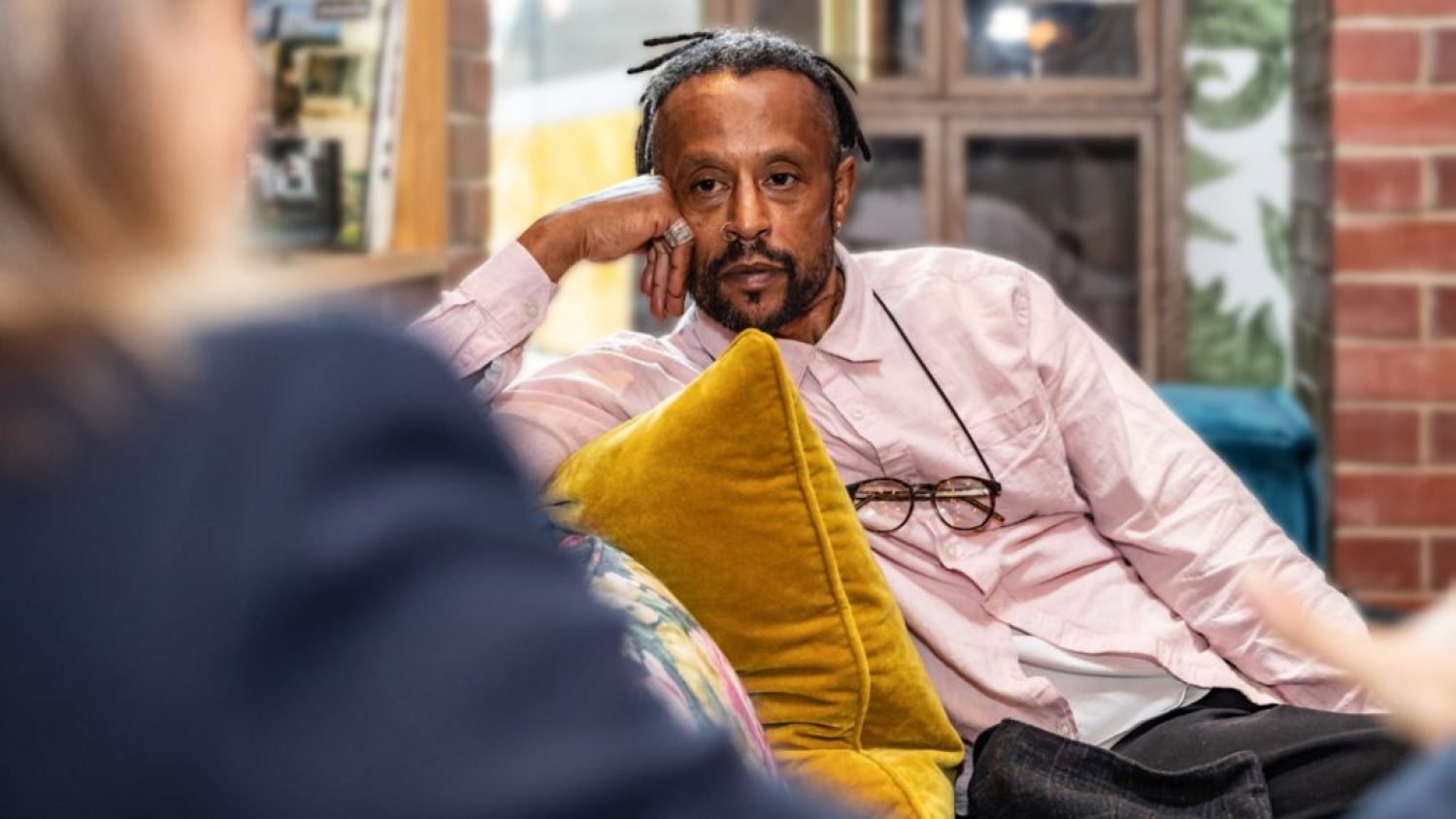Four minute read
Poppy Mardall, founder and CEO of Poppy’s, was a trustee for national bereavement charity, Cruse Bereavement Support, for six years.
As her second, and final, term came to an end, she looked back on the incredible journey that Cruse has been on and reflected on how we can improve the experience of grieving people in our society.
In 2015, I heard that Cruse were recruiting new trustees to guide a strategy to open their service up to many more people.
Although I didn’t know anyone at the organisation, I had heard great things about their free, life-changing bereavement counselling. I knew the demand was huge, but it could be hard to access the service because of long waiting lists and patchy geographical coverage.
Putting people at the centre
I know from my work with Poppy’s that a well-supported death and funeral — where the people grieving are held by everyone involved in the experience — can be a transformational and positive experience.
I believe passionately that the very best death care should be accessible to everyone — from where you die to how you are cared for to bereavement support and beyond. There is a long way to go before everybody involved in death care works by a code that puts the dying, the dead and their family and friends at the centre.
This opportunity with Cruse felt like one I had to grab. I applied, interviewed for the role and was thrilled to be appointed, alongside four other new trustees.
More than sixty years of compassion and courage
First, I learnt about the history of Cruse — founded by social worker Margaret Torrie in 1959 as a counselling service for widows and their families. Margaret saw that women and children faced an emotional, social and economic crisis when their husbands died, so she built a service to support them.
Since 1959, Cruse has expanded to support all bereaved people. Over the years it has responded to national and international tragedies — including the Bradford fire disaster, Zeebrugge, Lockerbie, Hillsborough and 9/11.
For more than sixty years, Cruse volunteers and staff have used their expertise, compassion and courage to be there for people in their greatest pain and suffering. I felt deeply humbled to join an organisation with such genuine and compassionate values doing such critical work.
Find more sources of grief and bereavement support.
Campaigning and care for all bereaved people
Getting to know Cruse from the inside out during those first few months was eye-opening. Over 4,000 volunteers and 180 staff support bereaved people through one of the most painful and difficult experiences in their lives.
Cruse volunteers are trained in bereavement counselling to provide face-to-face, group and telephone support to bereaved adults, children and young people. Some people find Cruse immediately after a bereavement, whilst others seek support for a death that might have happened years or decades ago.
As well as their transformational bereavement counselling, Cruse campaigns to build a society where everyone who is grieving is supported, respected and understood.
Over the last five years, Cruse has been instrumental to improving bereavement benefits, making sure bereaved parents can get bereavement leave and campaigning against funeral poverty. These campaigns have led to significant practical changes for people at one of the toughest times in their lives.
More recently, Cruse redeveloped their website and brand to reach a much wider audience — both those grieving and those supporting them. The Cruse website is now packed with excellent information normalising and validating the difficult, but natural, feelings and experiences that come when someone dies.
If you are grieving, it is normal to feel anxious, to be angry, to cry or not be able to cry. It is natural to feel the impact of the bereavement physically in your body.
If you are supporting a grieving person, you can get caught up in wondering what to do and what to say. But the important thing is to show up, and simply listen.
Cruse during Covid-19
I found it particularly powerful to be a part of Cruse during the Covid-19 pandemic. In 2021 alone, Cruse supported 24,000 people with individual support and answered 30,000 calls on their helpline. Not only were the numbers of grieving people so high, but those people were grieving under isolating and traumatic circumstances.
I know from my work at Poppy’s how awful it is for families and friends not to be able to say goodbye to people before they die and the loneliness and trauma of grieving in isolation.
As a trustee of Cruse, as a funeral director and as a human being, I will be forever grateful to all of the Cruse volunteers for the incredible work they do to be there for grieving people.
Cruse has had such an impact over the last six years. I have been proud and privileged to play my part in ensuring that grieving people from all backgrounds get the support they need when someone dies.
Death and grief won’t ever be easy — but I believe that we can, as a society, be so much better at supporting each other through it.
Although my time as a trustee has ended, I’ll continue to be looking for opportunities to support their work and cheering for Cruse all the way. I hope you will too.
Read our interview with Mark for Grief Awareness Week about his personal experience of grief and how he found a way through.
Find more resources for grieving people.
To stay in touch with all the latest news and updates from Poppy's by email, sign up here or contact us if you need help planning a funeral.
